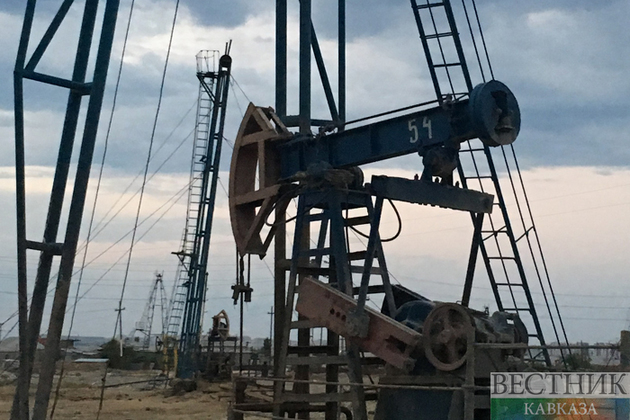A surge in oil tanker earnings extended as the disruption to traffic through the Red Sea lifts the cost of hauling some barrels.
Rates for vessels carrying fuel from the Middle East to Asia have almost tripled since the United States and United Kingdom launched airstrikes on Yemen’s Houthi rebels - climbing to $83,000 a day from about $30,000, an increase of 182% since January 12, Bloomberg reported, noting that earnings for other routes also are spiking.
European gas futures are near a six-month low amid high inventories, strong renewables output, subdued industrial demand and plenty of alternative LNG supply.
According to Bloomberg, Qatar is delaying some shipments to Europe: the country informed some European buyers of delays and rescheduled shipments.
The tensions in the region have intensified as the Houthis ramped up attacks on commercial shipping in the Red Sea and declared open season on any U.S. ship transiting the area, in response to last week’s U.S.-UK missile strikes on Houthi targets in Yemen. The costs of transporting crude oil and other products are seeing an increase as a result.






